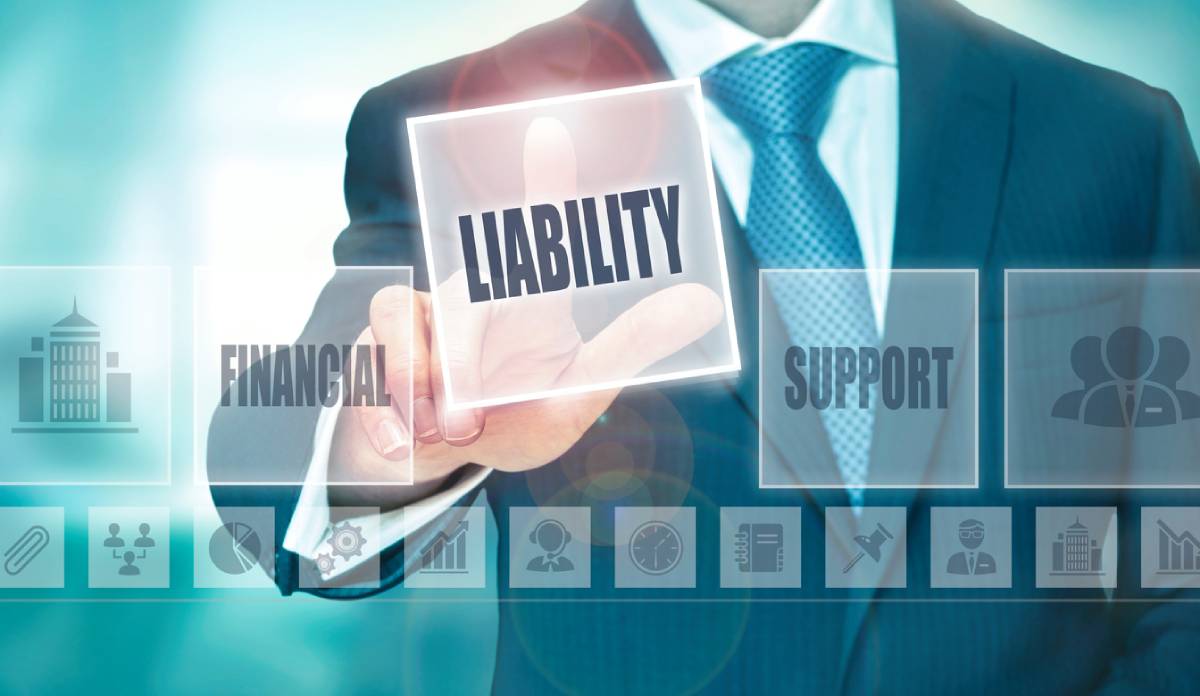It’s possible that your business has some liabilities. Liabilities are financial obligations to third parties in business bookkeeping. Monetary debt is the most common type for small and large businesses. To evaluate the financial position of your business, assets and liabilities are often used. It is important to understand what business liabilities are and how they function so you can operate your own enterprise with ease.
Common Business Liabilities to Know About
Below, your trusted business insurance agent in Los Angeles is going to cover a few of the most common business liabilities to know about if you are looking to manage a business of your own. Get in touch with our professionals today to learn more about selecting the right type of insurance plan for your company.
Types of Liabilities for Small Businesses
Any obligations you owe money are called liabilities. Sometimes liabilities require you to make current payments such as monthly credit card payments or loan installments. These obligations may also be due in the future depending on the agreement you make with the lender.
Your accounting balance sheet will show liabilities on the right-hand side. This indicates that you owe money. Small business liabilities could include:
- Accounts payable
- Lending
- Mortgages
- Bonds
- Accrued expenses
- Warranties
- Mortgages
- Payable dividends
- Interest due
- Wages for employees
You may consider the above points to be business expenses, which detail the actual cost of your operations. However, these are actually liabilities because they are debts rather than something that can be paid for right away.
Business Liabilities – Categories
There are three main types or categories of business liabilities. One or more of the following coverages may be required:
- Current liabilities – Also called short-term liabilities, these are debts that must be paid within one year. Current liabilities can include employee salaries and mortgage payments, rent payments, or credit card debt.
- Contingent liabilities – Some owners of businesses and financial accountants also include contingent liabilities in their general ledger. These liabilities are those that may be due in the future. These liabilities include product warranties, refunds, settlements in lawsuits, and fulfillment of warranty obligations.
- Long-term obligations – Also called non-current liabilities, they refer to financial obligations that will be due in the coming year. Deferred tax liabilities, long-term interest payments, future bonds payable, and pensions are just a few examples.
Liabilities, such as loans and other long-term obligations, are not tied to short-term sales transactions. However, accrued expenses can become liabilities if not paid for a long time. A company’s balance sheets will list all liabilities.
Investments and investment strategies have inherent risks. They can lead to financial loss and asset depreciation. Before making any financial commitments, consult a professional investment advisor.
Paying for Liabilities
One simple way to understand your business liabilities is to examine how you pay for everything. Either you borrow money or cash from your checking account. Any borrowing, even a credit card, creates a liability.
Your balance sheet will show all of your liabilities. This financial statement shows how your business is performing at the end of an accounting period. You can settle your liabilities over time by transferring money, goods, or services. You need to list all your liabilities and then add them up. To determine if your books balance, you can use a basic accounting formula in Excel or another accounting program. If you want more information about calculating your liabilities, our agents are here to help.
Get the Right Liability Insurance for Your Business Today
If you are operating an enterprise, you need to have protection for the things you are liable for. Without business owner insurance, you could be paying for mistakes and accidents out of pocket, landing you in a world of hurt. Start your business on the right foot and cover your enterprise with a customized insurance plan that works for you. Our Safeco experts are available to talk to you today!

